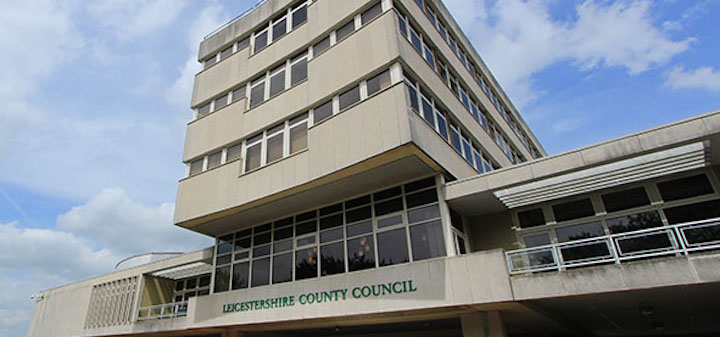 Leicestershire County Council’s budget gap is set to grow from £8m to £28m next year and could top £140m by 2026 according to a report from the authority’s director of corporate resources published today (20 September).
Leicestershire County Council’s budget gap is set to grow from £8m to £28m next year and could top £140m by 2026 according to a report from the authority’s director of corporate resources published today (20 September).
Chris Tambini’s report suggests that global events, rising inflation, pay increases, surging demand for services and the continued impact of Covid-19 mean that costs are increasing at an unprecedented rate.
He stated that it was “inevitable” that the £54m of savings planned will have to increase significantly. “The county council will not be able to resolve this on its own – either expectations of what can be achieved will have to reduce or new funding found.”
The report suggests that the nationally agreed local government pay offer will require the council to find an extra £8m, while inflation is also expected to add up to £30m each year for the next four years. Meanwhile, service demand is forecast to cost an extra £18m each year, excluding the impact of inflation.
Although there are no firm proposals at this stage, the report provides an initial list of potential areas to investigate for service changes or reductions. This includes: gritting, parks, bus subsidies, health improvement projects and planned road schemes.
We pride ourselves on doing the best we can with the money we have, but we will have to make some tough decisions. Nothing is off the table.
Room151’s Monthly Online Treasury Briefing
September 30 2022
Online
Public sector delegates – register here
Reduced spending power
Nick Rushton, the leader of Leicestershire County Council, said that the financial situation was “frightening” and was worse than in the years of austerity. He said the council had lost £230m a year in spending power since 2010.
“We’re very lean, so it’s not possible to balance the books without impacting front-line services. We pride ourselves on doing the best we can with the money we have, but we will have to make some tough decisions. Nothing is off the table.”
He added that Leicestershire will always be sensitive to financial shocks as it is the lowest-funded county council under the government’s funding system. “But the challenge currently being faced will put even the best-funded local authorities under pressure.”
The report is due to be discussed by the council’s cabinet at a meeting on Friday 23 September.
—————
FREE weekly newsletters
Subscribe to Room151 Newsletters
Room151 LinkedIn Community
Join here
Monthly Online Treasury Briefing
Sign up here with a .gov.uk email address
Room151 Webinars
Visit the Room151 channel













